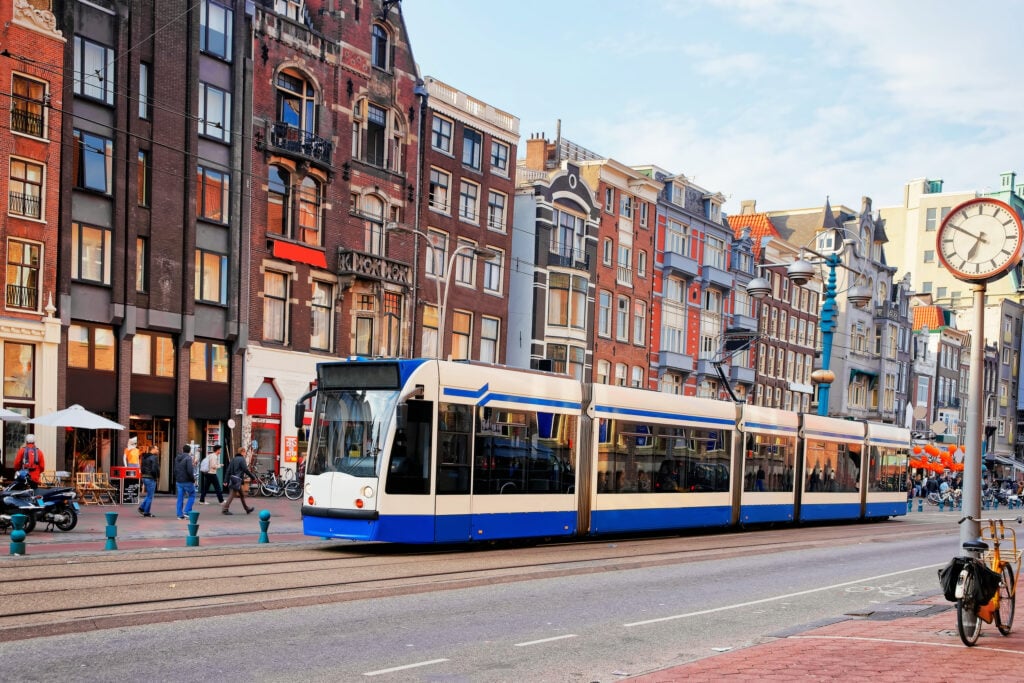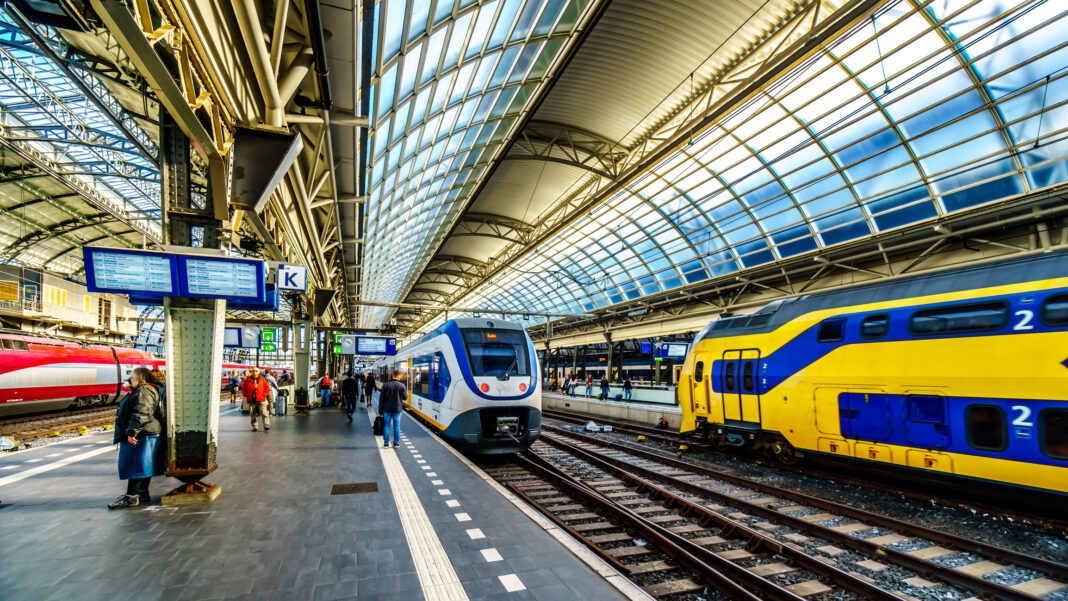If the sight of your monthly train bill has your wallet wincing in pain, the good news is that you’re not alone! The bad news? Err… well, you may want to read on. 👇
A study commissioned by the Dutch Mobility Alliance shows that transport costs have skyrocketed by nearly 30% from 2015 to 2023, making it hard for households to keep up — even for ones on an average income.
Mobility costs can hit an eye-watering €900
Research by Nibud, a Dutch institute for budget education, reveals that transport costs can range anywhere from €200 to a truly staggering €900.
Many households on an average income, therefore, are required to drastically cut down on their spending in an attempt to pay their transport bills.
What is the average income in the Netherlands?
The CPB (or Dutch Bureau for Economic Policy Analysis) states that the median gross household income is around €70,000. Between 30% and 40% of households have an income that is equal to or lower than this amount.
According to Nibud, this process can involve purchasing goods of a lower price and quality, or buying fewer products altogether (such as cancelling subscriptions or no longer going on vacation) — resulting in “negative consequences for their livelihood, health and freedom to travel.”

In the words of Marga de Jager, president of the Mobility Alliance, “large groups of Dutch people can no longer afford this [transport costs] and increasingly have to make difficult trade-offs.”
What are some possible solutions?
If (like us!) you’re dead keen on keeping those wallet-draining bills at a somewhat affordable level, you’ll be curious to know what possible solutions have been floated.
At present, the Mobility Alliance has outlined three directions that individuals and officials can take to resolve the issue:
- Make better use of options for travel reimbursement
- Shorten travel distances by bringing work and living facilities closer
- Create a clearer overview of mobility costs
What do you think needs to be done about the rising transport costs? Tell us your thoughts in the comments below!



I think the article is not complete. Where are the three points you mention in the end?
My husband and I found the cost of travelling by bus into the centre of Den Hague was Eur 24
for a return trip back in 2021.
Taking our car and parking in the parking garage was cheaper and more convenient.
Why is public transport should be priced to encourage us to leave our cars out of the city centre.